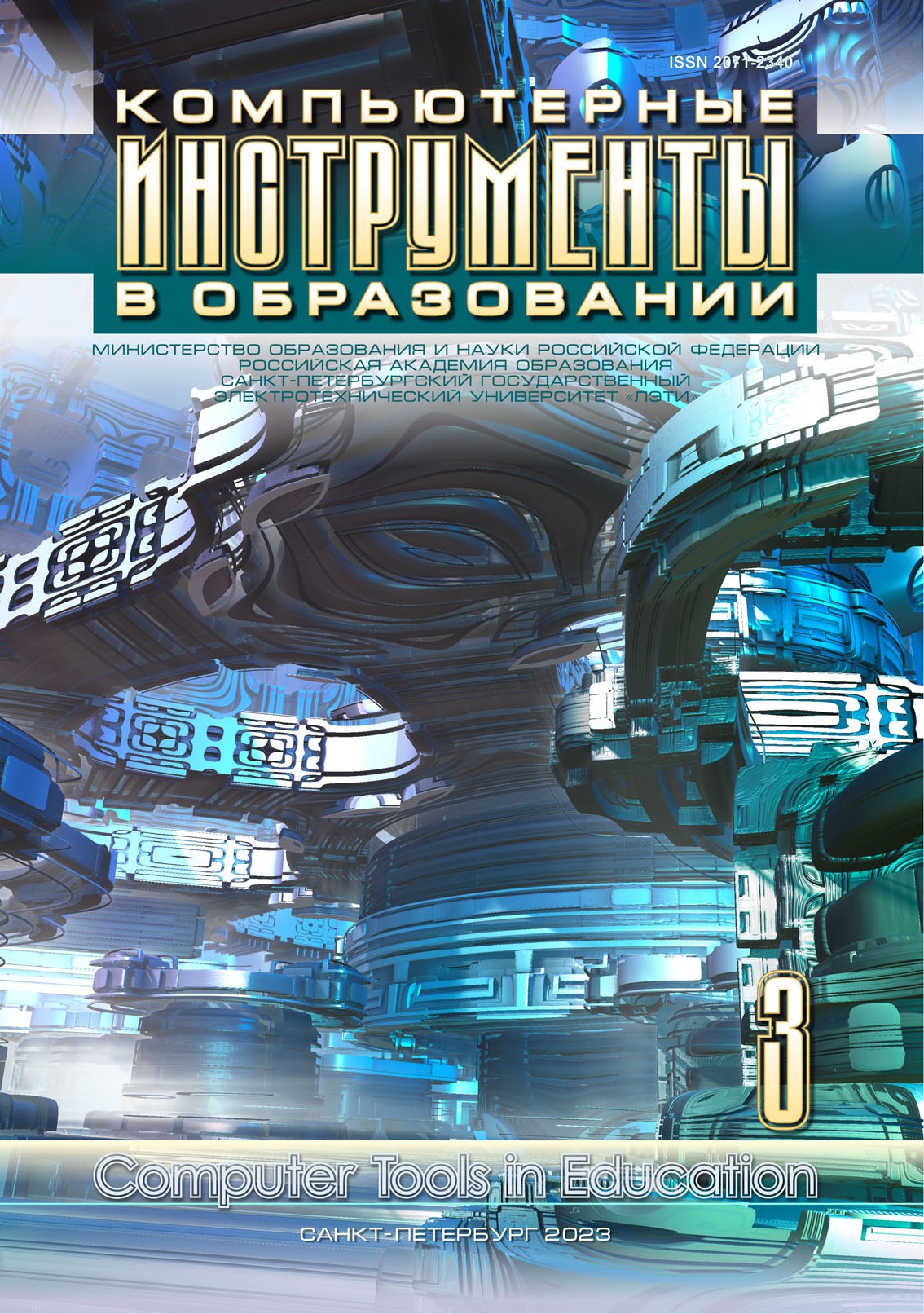Интегративные сюжеты как способ сглаживания барьера между школьной и вузовской математикой
Аннотация
В статье рассмотрены возможности интеграции информатики с математикой с целью повторения важных идей школьного курса математики и в то же время введения новых понятий вузовского курса. Предложенный подход базируется на использовании инструментов динамической геометрии, а также соединения геометрических представлений с аналитическими. Изложение теоретических соображений сопровождается их иллюстрацией на примере изучения темы «Метод наименьших квадратов».
Литература
I. V. Grebenev, E. I. Ermolaeva, and S. S. Kruglova, “Mathematical preparation of prospective students as the basis of professional education at the university,” Science and School, no. 6, pp. 27–30, 2012 (in Russian).
M. B. Shashkina, O. A. Tabinova, “Problems of implementation of succession of mathematical training in schools and universities,” The bulletin of the Krasnoyarsk State Pedagogical University after V. P Astafyevno, 4(26), pp. 128–132, 2013 (in Russian).
M. Z. N. Agustin and M. A. Agustin, “Algebra and precalculus skills and performance in first-semester calculus,” International Journal of Case Method Research & Application, vol. 21, no. 3, pp. 232–236, 2009.
C. Bardelle and P. Di Martino, “E-learning in secondary–tertiary transition in mathematics: for what purpose?,” ZDM — International Journal on Mathematics Education, vol. 44, no. 6, pp. 787–800, 2012; doi:10.1007/s11858-012-0417-y
P. Di Martino and F. Gregorio, “The mathematical crisis in secondary–tertiary transition,” International Journal of Science and Mathematics Education, vol. 17, no. 4, pp. 825–843, 2019; doi:10.1007/s10763-018-9894-y
S. Geisler and K. Rolka, “Affective variables in the transition from school to university mathematics,” in Proc. of INDRUM 2018 Second conference of the International Network for Didactic Research in University Mathematics, Kristiansand, Norway, April 5–7. 2018, pp. 507–516, 2018.
V. B. Gridchina and L. A. Osipova, “Methodical Features of the Leveling Course Organization of Mathematics For Bachelors of ‘Applied Mathematics and Informatics,” Tomsk State Pedagogical University Bulletin, no. 7, pp. 168–173, 2018 (in Russian); doi:10.23951/1609-624x-2018-7-168-173
T. O. Kochetkova and A. A. Kytmanov, “The adaptation course of mathematics at university — back to the future,” The bulletin of the Krasnoyarsk State Pedagogical University after V. P. Astafyevno, 2(36),pp. 60–63, 2016 (in Russian).
N. A. Mamaeva, “On the continuity of mathematical education in the transition from school to technical university,” Vestnik of Astrakhan State Technical University, vol. 1(51), pp. 73–78, 2011 (in Russian).
М. А. Stepkina and I. А. Baygusheva, “First-year students’ readiness to the study of mathematics inhigher education institutions,” Prepodavatel XXI vek, no. 4, pp. 211–2019, 2016 (in Russian).
A. O. Syromyasov, D. K. Egorova, M. V. Kozlov, I. I. Chuchaev, and S. A. Fedosin, “Leveling courses in mathematics for students of natural sciences and engineering specialties,” Educational Technology & Society? vol. 20, no. 1, pp. 393–399, 2017 (in Russian).
M. B. Pozina, “Zone of proximal development: correction of self-esteem in the awareness of misunderstanding,” in Psychology at school: zone of proximal development: Proceedings of the VII Annual Scientific and Practical Conference, vol. 1, 2002 (in Russian).
V. N. Markov, “Professional potential in the zone of immediate professional development,” in Acmeological study of human potential, reserves and resources, Moscow: RAGS, pp. 75–78, 2005 (in Russian).
Материал публикуется под лицензией:








